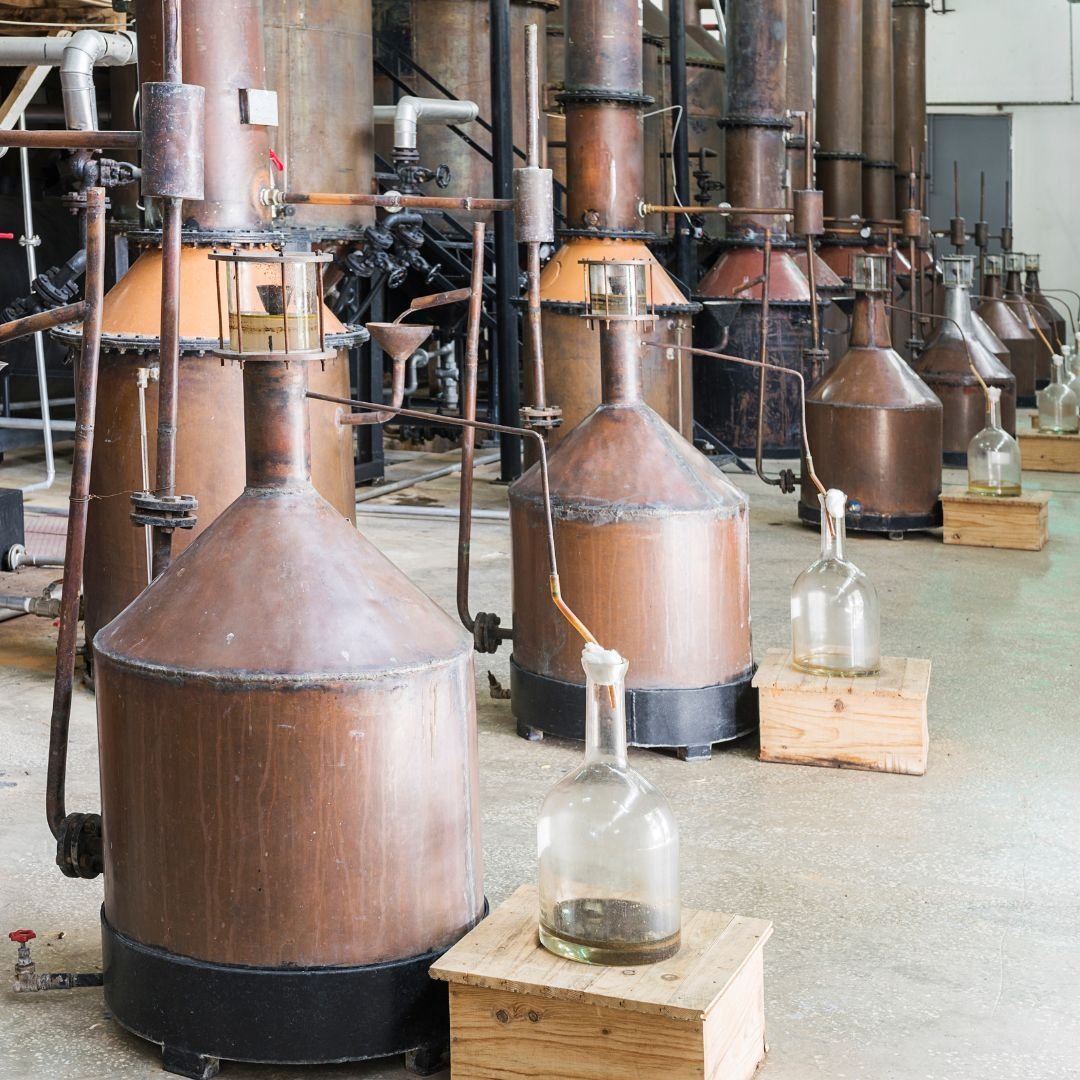Al-Kindi: The roots of Modern Perfumery
Perfumery is an ancient art, a complex blend of science and tradition that has evolved over centuries. One of its most influential figures, Al-Kindi, was a pioneer who bridged Arabian traditions and modern fragrance techniques. His contributions laid the groundwork for today's perfume industry and influenced Arabian perfumery.
Al-Kindi's Life and Legacy
Al-Kindi, also known as Abu Yusuf Ya'qub ibn Ishaq al-Kindi, was born around 801 CE in Kufa, Iraq. Raised in a family of learned individuals, he received an extensive education, studying a variety of subjects. This background helped shape him into a polymath, excelling in fields such as philosophy, mathematics, astronomy, medicine, and, notably, chemistry.
Throughout his life, Al-Kindi played a crucial role in the Islamic Golden Age, translating and commenting on Greek works. His influence extended beyond philosophy, impacting various fields. One of the most significant contributions Al-Kindi made was in the field of perfumery, where his work on distillation and extraction of scents laid the foundation for modern techniques.
Al-Kindi's Contributions to Perfumery
Al-Kindi's treatise, "The Book of the Chemistry of Perfume and Distillations," is a testament to his contributions to perfumery. In this work, he provided a comprehensive guide to distilling essential oils and extracting scents from plants and natural materials. This groundbreaking text explored the properties of various substances, offering detailed instructions on how to transform them into aromatic products.
By emphasizing the scientific methods behind perfumery, Al-Kindi helped transform it into an art and a science. His work established a framework for modern perfumery, influencing the creation of attars, essential oils, and incense. The techniques described in his treatise allowed for a more refined extraction process, which became integral to the development of Arabian perfumery and the broader perfume industry.
Al-Kindi's Influence on Arabian Perfumery
Al-Kindi's contributions have had a profound impact on Arabian perfumery. His methods of distillation and extraction have been embraced by generations of perfumers, shaping the way Arabian scents are crafted and enjoyed. The use of natural materials, such as oud, amber, and rose, reflects Al-Kindi's approach, blending traditional ingredients with scientific techniques.
At Maison Anthony Marmin, our attars and incense reflect Al-Kindi's pioneering work, blending the heritage of Arabian perfumery with French elegance. Through our products, we aim to redefine Arabian perfume, drawing inspiration from both Al-Kindi's scientific approach and the rich cultural traditions of the region.
Maison Anthony Marmin: Arabian Perfume Redefined
At the heart of Maison Anthony Marmin is the art of Arabian perfumery with French elegance.
Our work reflects the intricate interplay between different cultures and eras, redefining Arabian perfumery for the modern world. We create fragrances that resonate with contemporary sensibilities while honoring the past.
Conclusion
Al-Kindi's contributions to perfumery have left an indelible mark on the industry. His work in distillation and extraction laid the groundwork for modern perfumery, influencing the creation of attars, essential oils, and incense.


